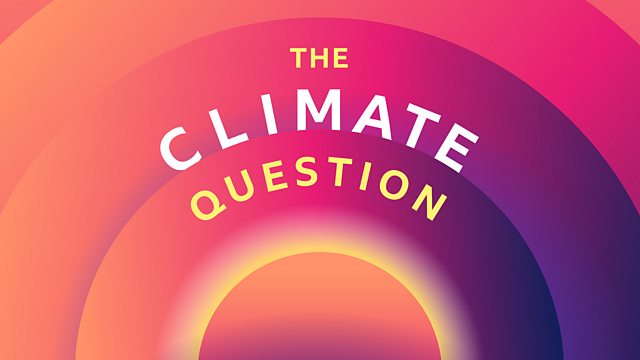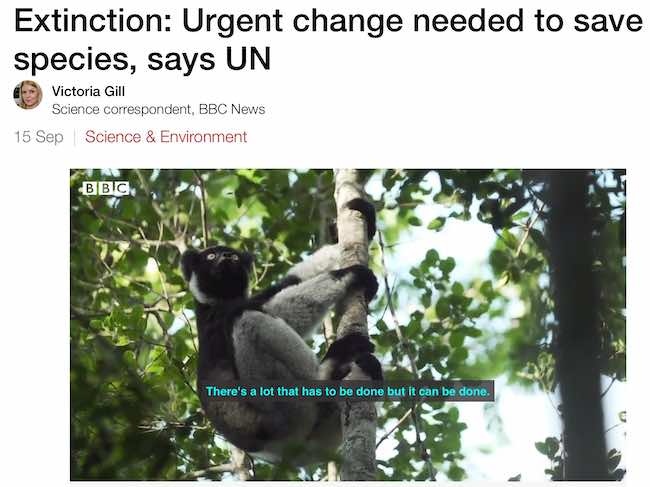Can indigenous knowledge help us fight climate change?
Indigenous people represent only about six percent of the world’s population, but they inhabit around a quarter of the world’s land surface. And they share these regions with a hugely disproportionate array of plant and animal life. According to the UN and the World Bank, about 80 percent of our planet’s biodiversity is on land where indigenous people live.
“There is a need to explore the tribal consciousness in the backdrop of climate change, development, and deforestation.” – Deepanwita Gita Niyogi in “India’s Adivasi Identity in Crisis” Pulitzer Center May 27, 2021 | Learn more about climate change and illegal mining | United Nations on climate change | Find free publications on India’s hunter-gatherers in the Unesco Digital Library >>

What is caused (and not caused) by climate change?
How data can help fight a growing tendency by politicians and journalists to overstate the role of climate change| Learn more or listen here >>
Global climate policy has however been slow to recognise that indigenous knowledge – built up over centuries – is worth listening to. This is despite the fact that sometimes in very remote areas, where scientific and meteorological data is lacking, this knowledge may be all there is. Indigenous knowledge can provide valuable insight into what adaptations have worked in the past, and so provide an important guide to the future.
What are the barriers to bringing indigenous knowledge out from the margins of climate research and policy, and can they be overcome?
Guests:
Nancy Kacungira, journalist, BBC Africa
Hindou Oumarou Ibrahim, environmental activist and member of Chad’s pastoralist Mbororo people and Earthshot Prize Council
Nigel Crawhall, chief of section, local and indigenous knowledge systems, UNESCO
Aida Sanchez, assistant professor at Norwegian University of Life SciencesPresenters: Neal Razzell and Graihagh Jackson
Producer: Darin Graham
Researcher: Zoe Gelber
Editor: Emma Rippon
Source: BBC Worldservice
URL: https://www.bbc.co.uk/programmes/w3ct2dqf
Date visited: 10 May 2021
“We must consider the environmental dimension of justice now. The challenge of climate change is so enormous that it forces us to redefine ‘rights’.” – Droupadi Murmu | Speeches by the President of India | United Nations on climate change >>
The International Centre for Integrated Mountain Development (Icimod), an intergovernmental group, has raised particular concern about the impact of global heating on the Hindu Kush-Himalayan region.
The region holds the third largest body of frozen water in the world, and is warming at double the global average, according to Icimod.
Deepshikha Sharma, a climate and environment specialist there, said: “In the most optimistic scenario, limiting global warming to 1.5C, the region stands to lose one third of its glaciers by 2100 – creating huge risk to mountain communities, ecosystems and nature and the quarter of humanity downstream.
“Human-induced climate change is the major cause of the growing number and ferocity of heatwaves we’re seeing across Asia. These signal to the fact that the climate emergency is here for this region.”
Sharma called for faster emissions reductions and increased investment to help areas to adapt.
Source: “Asia endures weeks of ‘endless record heat’ and hottest April temperatures” by Rebecca Ratcliffe
URL: https://www.theguardian.com
Date Visited: 28 April 2023
[Bold typeface added above for emphasis]
“If we take action, the right action – as the report [on Biological Diversity] proposes – we can transition to a sustainable planet.” […] Many good things are happening around the world and these should be celebrated and encouraged […] We have to act now. It is not too late. Otherwise, our children and grandchildren will curse us because we will leave behind a polluted, degraded and unhealthy planet.” – Elizabeth Maruma Mrema, executive secretary, UN Convention on Biological Diversity – “Extinction: Urgent change needed to save species, says UN”, BBC News, 15 September 2020 >>

Watch the video on BBC News | More about Biodiversity in India >>
Are the ‘goods’ and ‘bads’ of physical events such as global warming equally distributed? Are there proper climate governance mechanisms sensitive to differentiated responsibility and risks, mitigated justly for suffering marginalised communities? | Read “Climate Justice: India Is Disproportionately Endangered – as Are Some Indians” on Mongabay | Learn more about climate change | United Nations on climate change >>